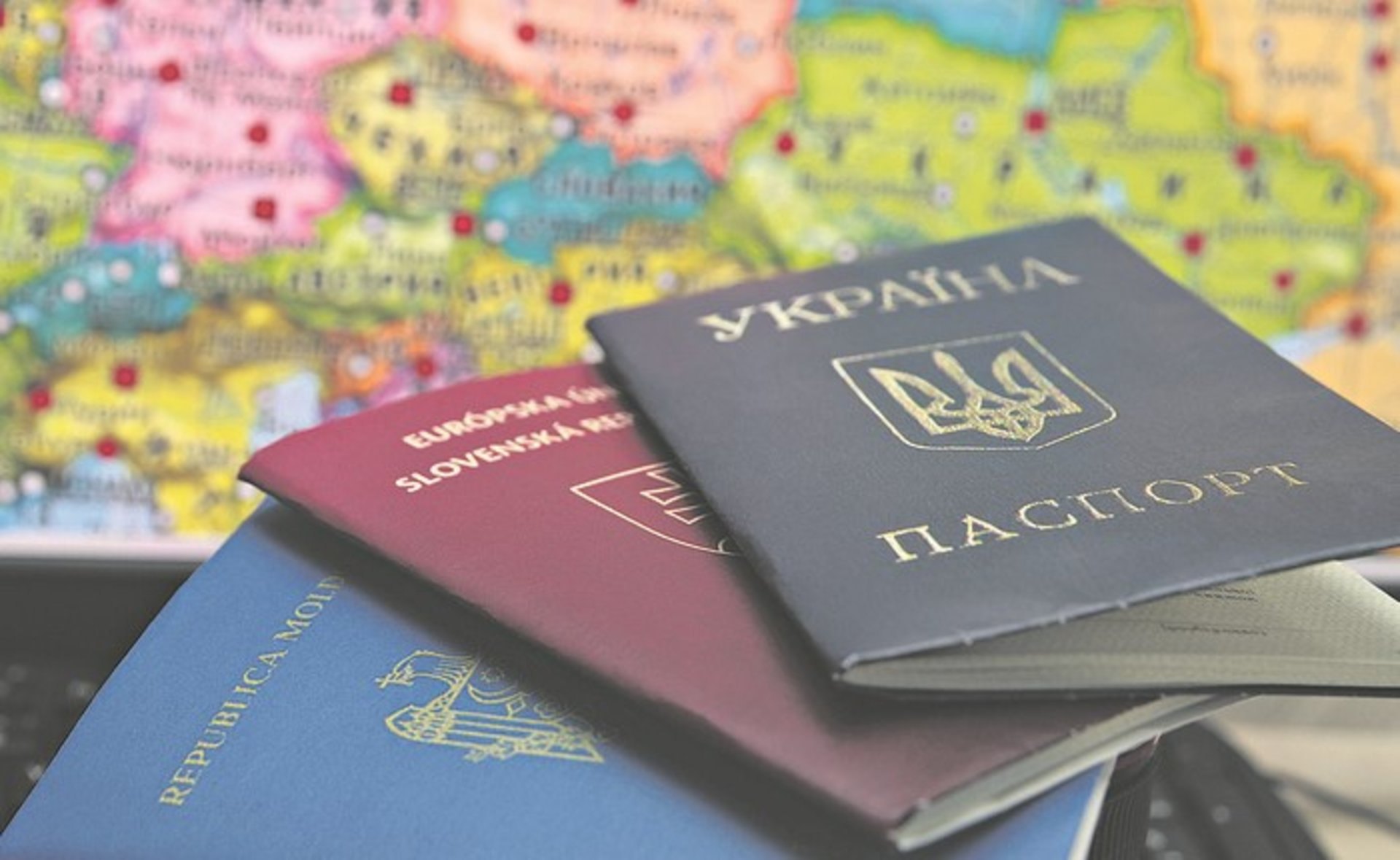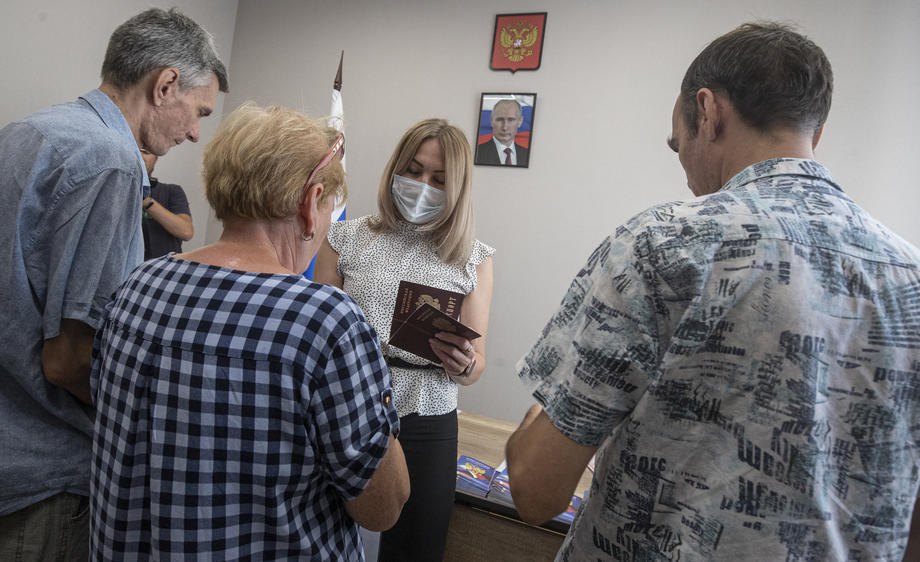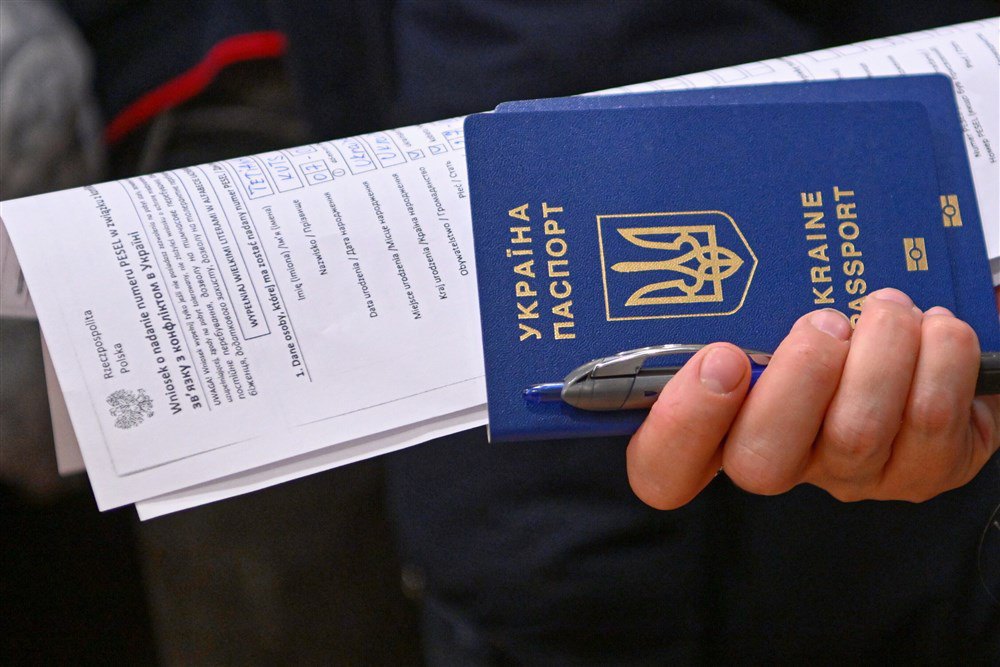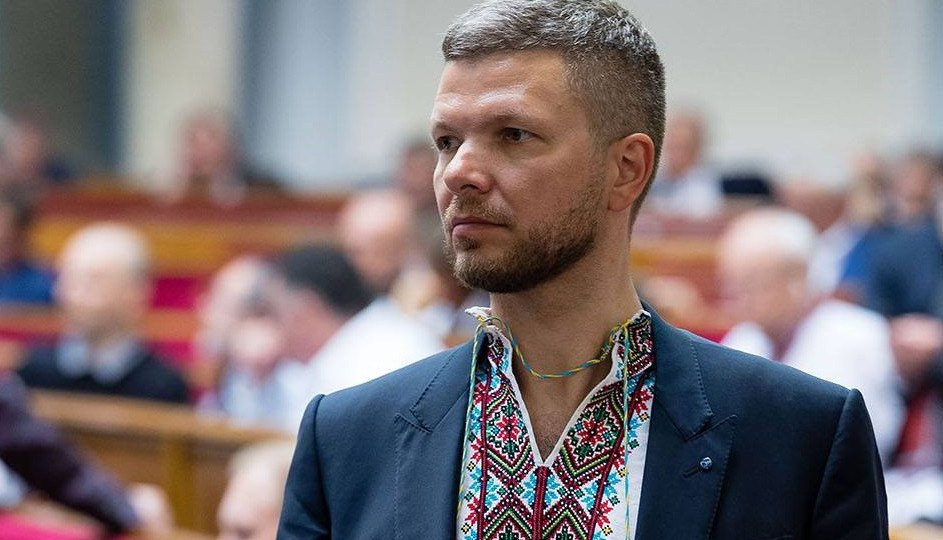
The president’s 2021 initiative
Back in 2021, President Volodymyr Zelenskyy stated in an address to MPs that he was introducing a bill on multiple citizenship to the Verkhovna Rada. The President stressed that he wanted Ukrainians around the world, who number 65 million, to “feel not like a diaspora, not like people of Ukrainian origin, but like people of Ukrainian citizenship”.
However, the Parliament did not consider the bill at the time. There were discussions among MPs about whether the concept of multiple citizenship was consistent with the Constitution. After all, multiple citizenship means that a person is simultaneously recognised as a citizen of two or more countries in accordance with their laws. However, Article 4 of the Constitution of Ukraine states that “there is a single citizenship in Ukraine”.
This idea was revisited after the full-scale invasion in 2023. Former Foreign Minister Dmytro Kuleba advocated for the introduction of multiple citizenship so that millions of Ukrainians abroad could keep their Ukrainian passports while acquiring other citizenships. In particular, he suggested that Ukrainian citizenship should be granted to newborns born outside Ukraine.
According to the Ministry of Foreign Affairs, about 8.9 million Ukrainians (15–20% of the population of Ukraine as of 24 February 2022) are currently abroad because of the war.
At the same time, only about 394,000 Ukrainians are registered with consulates. This represents approximately 4–5% of all those abroad.

In January last year, President Volodymyr Zelenskyy announced the submission of the draft law in his address on the occasion of Unity Day, and in August 2024, he submitted the bill to the Verkhovna Rada.
It was only in December 2024 that MPs passed it in the first reading. For six months, they had been preparing for the second reading, submitting more than 1,300 amendments, most of which were eventually rejected.
The main amendments and criticisms came from Dmytro Razumkov’s group and the head of the Fatherland faction. Yuliya Tymoshenko called the President’s law “the destruction of the Ukrainian nation”, warning that hundreds of thousands of people who have never lived in Ukraine would receive Ukrainian passports. Razumkov stressed that foreigners would now be able to acquire a Ukrainian passport, hold positions in government and run the country.
Key provisions of the law
On 18 June 2025, MPs from all factions and groups, except for Fatherland, voted in favour of the law as a whole, with 243 votes in support.
The list of countries whose citizenship will be compatible with Ukrainian citizenship will be determined by the Cabinet of Ministers in an additional resolution. The law stipulates that such countries cannot be those that support the Russian aggression or that have not recognised Ukraine’s sovereignty and territorial integrity.
Therefore, all those who hold passports of Russia and of countries that do not recognise Ukraine’s territorial integrity will not be eligible to hold Ukrainian citizenship.

In addition, the law provides for:
- the right to acquire Ukrainian citizenship by ethnic origin under a shortened procedure;
- the right to acquire citizenship by territorial origin, if at least one of the parents, grandparents or their full relatives lived in, or was born on, the territory that became Ukraine after 24 August 1991;
- the right to obtain Ukrainian citizenship under a shortened procedure in the case of military service in Ukraine.
Importantly, during the second reading, MPs incorporated amendments introducing a compulsory exam to assess knowledge of the Constitution of Ukraine, Ukrainian history, and the Ukrainian language. To acquire Ukrainian citizenship, foreigners will also need to submit a declaration of recognition as a citizen of Ukraine and await a presidential decree.
In addition, the law stipulates that Ukrainian citizenship will not be granted to persons:
- who have been convicted in Ukraine of committing grave or especially grave crimes (until the conviction is cancelled);
- who have committed acts on the territory of another state that are recognised as serious crimes by the Criminal Code of Ukraine;
- who pose a threat to national interests, security, public order, sovereignty, or territorial integrity.

The law also sets out the grounds for the loss of Ukrainian citizenship:
- acquisition of citizenship of the Russian Federation;
- acquisition of citizenship of a state not included in the relevant list by the Cabinet of Ministers;
- posing a threat to the national security and interests of Ukraine;
- military service in the Russian Armed Forces;
- crimes against Ukraine, international law and order (convicted in Ukraine);
- fraud or forgery of documents during the acquisition of citizenship.
Warnings from human rights advocates
Ukrainian human rights activists warn that residents of the temporarily occupied territories may lose their citizenship under the new law.
A coalition of NGOs that defends the rights of war victims has stressed that obtaining a Russian passport in the temporarily occupied territories (TOT) cannot be considered voluntary, and therefore should not lead to the loss of Ukrainian citizenship.
Human rights advocates are particularly concerned about provisions allowing for the loss of citizenship on what they consider to be vague grounds, such as “threat to national security”. They argue that such wording creates broad scope for arbitrary interpretation and may endanger individuals who have been providing essential services in the TOT – doctors, utility workers, emergency responders.
There are also ongoing discussions among legal experts regarding the law’s compliance with the Constitution. “We can only get an answer through a constitutional petition. However, the Constitutional Court of Ukraine currently lacks a quorum for consideration and decision-making,” said Leonid Yemets, a lawyer and EU party member of the Kyiv City Council, in a comment to LB.ua.

Speaking to CHESNO, Volodymyr Shapoval, former Deputy Head of the Constitutional Court and former Head of the Central Election Commission, noted that the Constitution clearly states Ukraine has a single citizenship.
“Politically, yes, it may be beneficial. For example, emigrants of the second or third waves will have Ukrainian citizenship. This will be a kind of gratitude from Ukraine for their mostly passive participation in our struggle. And it is beautiful. But the key point is Article 4 of the Constitution, which states that there is only one citizenship in Ukraine. I’m sorry, but the only thing is the only thing. That’s it,” said the lawyer.
The law will come into force the day after it is signed by the President. Some provisions will take effect six months later. The Cabinet of Ministers has been instructed to prepare bylaws and a list of states whose citizens will be eligible to acquire Ukrainian citizenship under a simplified procedure within two months. However, MPs do not rule out the possibility of an appeal to the Constitutional Court after the law is promulgated.








